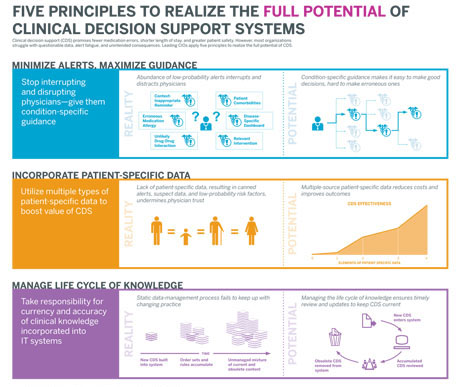Auto logout in seconds.
Continue LogoutWriting in the New York Times this week, Judith Graham examines the role of age in the decision to undergo dialysis treatment—drawing on almost two dozen studies and a handful of experts in the field.
Fifty-year-old dialysis treatment questioned
Older patients on dialysis have a significantly shortened life expectancy, compared with healthy peers in their age group, Graham writes. Their risk of mortality increases even more when they have another chronic condition, such as diabetes, heart disease, or dementia.
By the numbers: Life expectancy on dialysis
According to data from the U.S. Renal Data System:
- 70- to 74-year-olds on dialysis live 3.6 years on average, compared with 12.2 years for their healthy peers;
- 75- to 79-year-olds on dialysis live 3.1 years on average, compared to 9.2 years;
- 80- to 85-year-olds on dialysis live 2.5 years on average, compared to 6.7 years; and
- Patients on dialysis ages 85 and up live two years on average, compared to 3.5 years for their healthy peers.
"It's hard to predict with any degree of precision, but obviously the more conditions someone has, the less likely it is their life expectancy will be enhanced by starting them on dialysis," says Jeffrey Berns, head of the nephrology fellowship program at the Hospital of the University of Pennsylvania.
He adds that dialysis particularly affects patients with ischemic heart disease—the "condition alone is sufficient to negate any potential benefit from dialysis in the elderly."
Other factors that contribute to shortened life spans
According to a Mayo study of 379 patients ages 75 and up on dialysis, patients who begin dialysis in the ICU fare especially poorly. They found that about 27% of the patients who began dialysis in the ICU survived the next six months. By comparison, just 12% of the patients who began dialysis outside of the ICU died within six months, and 59% survived their first year.
Graham writes that the bottom line is that "older patients and their families deserve to understand what they can expect when a physician recommends dialysis."
Researchers have called for shared decision-making on the issue, a recommendation echoed by the Renal Physicians Association and the American Society of Nephrology, but "is widely ignored in practice," Graham writes.
A 2010 survey found that 90% of elderly dialysis patients had never discussed the issue with their physicians (Graham, "The New Old Age," Times, 12/4).
Don't miss out on the latest Advisory Board insights
Create your free account to access 1 resource, including the latest research and webinars.
Want access without creating an account?
You have 1 free members-only resource remaining this month.
1 free members-only resources remaining
1 free members-only resources remaining
You've reached your limit of free insights
Become a member to access all of Advisory Board's resources, events, and experts
Never miss out on the latest innovative health care content tailored to you.
Benefits include:
You've reached your limit of free insights
Become a member to access all of Advisory Board's resources, events, and experts
Never miss out on the latest innovative health care content tailored to you.
Benefits include:
This content is available through your Curated Research partnership with Advisory Board. Click on ‘view this resource’ to read the full piece
Email ask@advisory.com to learn more
Click on ‘Become a Member’ to learn about the benefits of a Full-Access partnership with Advisory Board
Never miss out on the latest innovative health care content tailored to you.
Benefits Include:
This is for members only. Learn more.
Click on ‘Become a Member’ to learn about the benefits of a Full-Access partnership with Advisory Board
Never miss out on the latest innovative health care content tailored to you.

